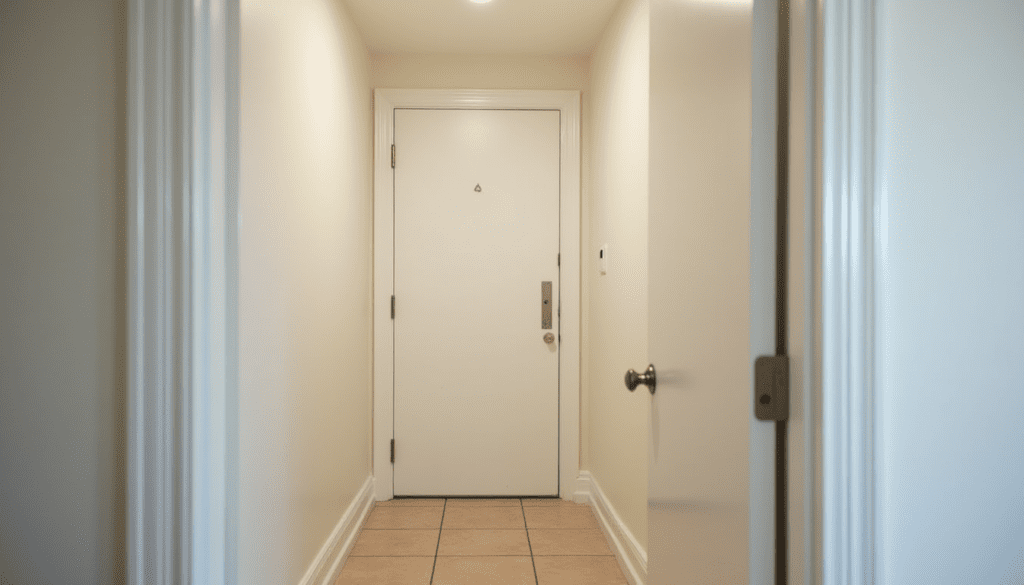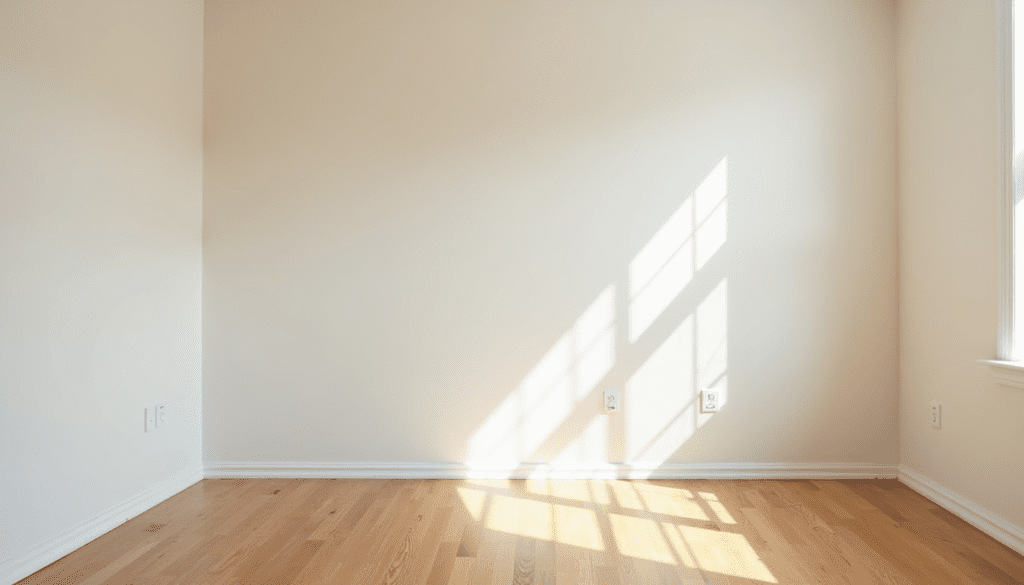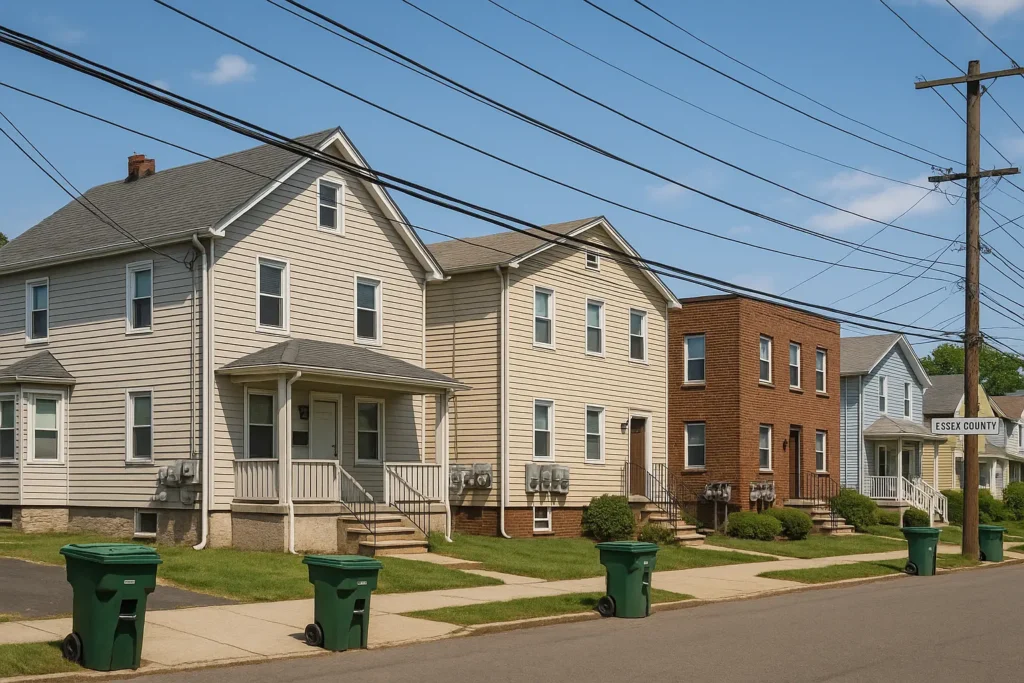1. Introduction: Understanding Utility Responsibilities in Essex County Rentals
Renting a property in Essex County, New Jersey, comes with various considerations, one of the most significant being the allocation of utility responsibilities. Understanding who pays for utilities—be it the landlord, tenant, or a shared arrangement—is crucial for both parties to avoid misunderstandings and ensure a smooth tenancy.
Essex County, encompassing cities like Newark, Montclair, and East Orange, offers a diverse range of rental properties. These range from single-family homes to multi-unit apartment complexes, each potentially having different utility arrangements. This guide aims to provide clarity on typical utility responsibilities, legal guidelines, and best practices for both landlords and tenants in Essex County.
2. Overview of Rental Utility Norms in New Jersey
In New Jersey, there is no statewide mandate dictating who must pay for utilities in a rental agreement. Instead, utility responsibilities are typically outlined in the lease agreement between the landlord and tenant. However, certain utilities are commonly covered by landlords, especially in multi-family or older properties where separating utility meters is challenging. These often include:
- Water and sewer services
- Trash collection
- Heating (in some older buildings with centralized systems)
Conversely, tenants are usually responsible for:
- Electricity
- Gas (for cooking and heating)
- Internet and cable services
It’s important to note that landlords are required to disclose utility responsibilities in the lease agreement, as per New Jersey’s “Truth in Renting” guide published by the Department of Community Affairs. This ensures transparency and helps prevent disputes over utility payments.
3. Common Utility Arrangements in Essex County
Utility arrangements can vary widely depending on the type of rental property and its infrastructure. Here are some common scenarios in Essex County:
3.1 Utilities Included in Rent
Some landlords offer rental agreements where certain utilities are included in the monthly rent. This is more common in apartment complexes or multi-family homes. Utilities that might be included are:
- Water and sewer services
- Trash collection
- Heating (especially in buildings with centralized heating systems)
Advantages for tenants include predictable monthly expenses and the convenience of not having to set up separate utility accounts. However, landlords may set higher rent prices to cover these costs, and tenants might have less incentive to conserve energy.
3.2 Tenant-Paid Utilities
In single-family homes or properties with separate utility meters, tenants are typically responsible for paying their own utility bills. This includes setting up accounts with utility providers and paying for services like:
- Electricity
- Gas
- Internet and cable
This arrangement allows tenants to have control over their utility usage and expenses. However, it also requires them to manage multiple accounts and be responsible for timely payments.
3.3 Shared Utilities
In some older buildings or multi-family homes without separate meters, utilities may be shared among tenants. In such cases, landlords might divide the utility costs among tenants or include them in the rent. It’s essential for the lease agreement to clearly outline how these shared utilities are calculated and billed to prevent disputes.
4. Landlord vs. Tenant: Who Typically Pays for What?
Understanding the typical division of utility responsibilities can help both landlords and tenants set clear expectations. Here’s a general breakdown:
| Utility | Typical Responsible Party |
|---|---|
| Water & Sewer | Landlord (often included in rent) |
| Electricity | Tenant |
| Gas (Heating/Cooking) | Tenant |
| Trash Removal | Landlord (through municipal services) |
| Internet & Cable | Tenant |
| Snow Removal/Yard Maintenance | Varies (specified in lease) |
It’s crucial for the lease agreement to explicitly state who is responsible for each utility to avoid confusion and potential conflicts.
5. Lease Agreements: Clarifying Utility Responsibilities
A well-drafted lease agreement is essential for defining utility responsibilities. The lease should include a dedicated section detailing:
- Which utilities the tenant is responsible for
- Which utilities the landlord will cover
- How shared utilities are calculated and billed
- Procedures for setting up utility accounts
- Consequences for non-payment of utilities
Additionally, landlords should provide tenants with the “Truth in Renting” guide, which outlines the rights and responsibilities of both parties. This guide is available through the New Jersey Department of Community Affairs and serves as a valuable resource for understanding rental laws and practices in the state.
6. Legal Guidelines and Tenant Rights in New Jersey
Understanding the legal framework governing utility responsibilities is crucial for both landlords and tenants in New Jersey. The state’s landlord-tenant laws stipulate that landlords must provide essential services, including heat, water, and electricity, to ensure habitable living conditions. If a landlord fails to supply these utilities, tenants have the right to take legal action or withhold rent until the issue is resolved. It’s important to note that any such actions should be taken in accordance with state laws and, preferably, after seeking legal advice.
Moreover, landlords are prohibited from retaliating against tenants who exercise their legal rights, such as reporting code violations or joining tenant unions. Retaliatory actions can include unjustified rent increases, eviction notices, or reductions in services. Tenants who believe they are victims of retaliation can file complaints with the New Jersey Department of Community Affairs or seek legal counsel.
For comprehensive information on tenant rights and responsibilities, the Tenants’ Rights in New Jersey manual by Legal Services of New Jersey is an invaluable resource.
7. Impact of Utility Responsibilities on Rent Prices
The allocation of utility responsibilities can significantly influence rental pricing structures. When landlords include utilities in the rent, they often adjust the rental amount to cover the average cost of these services. This approach provides tenants with predictable monthly expenses but may result in higher rent compared to properties where tenants pay utilities separately.
Conversely, when tenants are responsible for utilities, landlords may offer lower base rents. This arrangement allows tenants to control their utility usage and potentially save money. However, it also introduces variability in monthly expenses, depending on consumption and utility rates.
Prospective tenants should carefully evaluate rental listings to understand what utilities are included and assess how this impacts the overall affordability of the property.
8. Benefits and Drawbacks of Utilities-Included Rentals
Rentals with utilities included offer several advantages:
- Simplified Billing: Tenants receive a single bill for rent and utilities, streamlining the payment process.
- Budget Predictability: Fixed monthly costs aid in financial planning and reduce the risk of unexpected expenses.
- Ease of Move-In: Tenants avoid the hassle of setting up individual utility accounts.
However, there are also potential drawbacks:
- Higher Rent: Landlords may set higher rental rates to cover utility costs, which could be more than what tenants would pay if billed separately.
- Limited Control: Tenants may have less incentive to conserve energy, potentially leading to wasteful usage.
- Disputes Over Usage: In shared accommodations, disagreements may arise over excessive utility consumption by certain tenants.
Tenants should weigh these factors based on their personal preferences and financial situations when considering utilities-included rentals.
9. How to Negotiate Utility Terms in Your Lease
Negotiating utility terms during the lease agreement process can lead to more favorable conditions for tenants. Here are some strategies:
- Clarify Responsibilities: Ensure the lease explicitly states which utilities the tenant is responsible for and which are covered by the landlord.
- Request Utility Caps: Propose a maximum limit on utility charges included in rent to prevent unexpected overages.
- Discuss Energy Efficiency: Inquire about the property’s energy efficiency features, which can impact utility costs.
- Seek Flexibility: If uncertain about utility usage, negotiate a trial period after which terms can be reassessed.
Effective communication with the landlord and a clear understanding of utility arrangements can lead to mutually beneficial agreements.
10. Handling Disputes Over Utility Payments
Disagreements over utility payments can arise during a tenancy. To address such issues:
- Review the Lease: Examine the lease agreement to confirm the stipulated utility responsibilities.
- Document Communications: Keep records of all communications with the landlord regarding utility concerns.
- Seek Mediation: Consider third-party mediation services to resolve disputes amicably.
- Contact Authorities: If necessary, file a complaint with the New Jersey Board of Public Utilities or seek legal assistance.
Proactive measures and open dialogue are key to preventing and resolving utility-related conflicts between landlords and tenants.
11. Utility Assistance Programs Available in Essex County
For tenants in Essex County facing challenges with utility payments, several assistance programs are available to provide financial relief:
- Low Income Home Energy Assistance Program (LIHEAP): This federally funded program assists low-income households with heating and cooling energy costs. Eligible residents can apply through local agencies such as United Community Corporation or La Casa de Don Pedro.
- Universal Service Fund (USF): USF provides monthly credits on electric and gas bills for eligible low-income households. Applications can be submitted online via NJ Department of Community Affairs.
- Payment Assistance for Gas and Electric (PAGE): PAGE offers financial assistance to moderate-income households struggling to pay their energy bills. More information is available at NJ Board of Public Utilities.
- Temporary Relief for Utility Expenses (TRUE): TRUE provides emergency assistance to households facing temporary financial crises. Details can be found through local community action agencies.
It’s important for tenants to reach out to these programs promptly, as assistance is often provided on a first-come, first-served basis.
12. Tips for Managing Utility Costs as a Tenant
Managing utility costs effectively can lead to significant savings. Here are some practical tips for tenants:
- Adjust Appliance Settings: Set your refrigerator to 36-38°F, freezer to 0°F, and water heater to 120°F to optimize energy use.
- Use Energy-Efficient Lighting: Replace incandescent bulbs with LED bulbs, which consume less energy and last longer.
- Unplug Unused Devices: Many electronics draw power even when turned off. Unplug devices or use power strips to reduce “phantom” energy usage.
- Optimize Heating and Cooling: Use programmable thermostats to regulate temperatures efficiently. In winter, set the thermostat to 68°F during the day and lower at night; in summer, aim for 78°F.
- Seal Drafts: Use weather stripping or draft stoppers on doors and windows to prevent heat loss in winter and keep cool air in during summer.
- Conserve Water: Fix leaks promptly, install low-flow showerheads, and turn off the tap while brushing teeth to reduce water usage.
Implementing these strategies can help tenants maintain comfortable living conditions while keeping utility bills manageable.
13. Frequently Asked Questions About Utilities in Essex County Rentals
Q: Are landlords required to pay for any utilities?
A: In New Jersey, landlords are typically responsible for providing essential services such as water and heat. However, the specific utilities covered should be clearly outlined in the lease agreement.
Q: Can a landlord charge tenants for shared utilities?
A: Yes, landlords can charge tenants for shared utilities, but they must provide a clear method for calculating each tenant’s share, such as dividing costs equally or based on square footage. This should be detailed in the lease.
Q: What should I do if my landlord fails to provide essential utilities?
A: If a landlord fails to provide essential utilities, tenants can file a complaint with the New Jersey Department of Community Affairs or seek legal assistance. It’s important to document all communications and issues.
Q: Are there programs to help with utility bills?
A: Yes, programs like LIHEAP, USF, PAGE, and TRUE offer assistance to eligible residents. Contact local agencies or visit the NJ Board of Public Utilities website for more information.
14. Conclusion: Key Takeaways for Renters and Landlords
Understanding utility responsibilities is crucial for both tenants and landlords in Essex County. Clear communication and detailed lease agreements can prevent misunderstandings and disputes. Tenants should be proactive in managing their utility usage and seek assistance when needed. Landlords should ensure compliance with state laws and provide necessary disclosures regarding utility responsibilities.
By staying informed and utilizing available resources, both parties can foster a positive rental experience with transparent utility arrangements.






